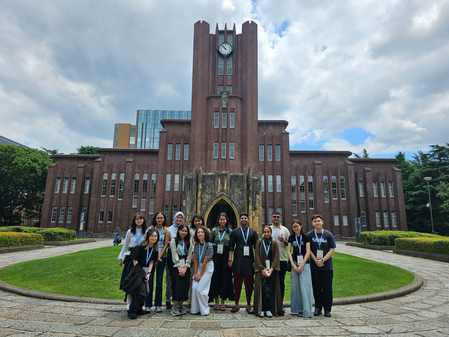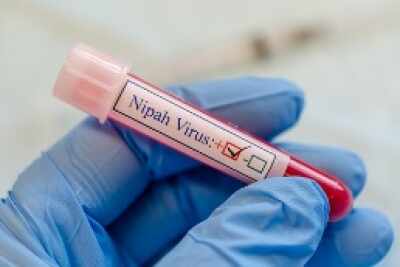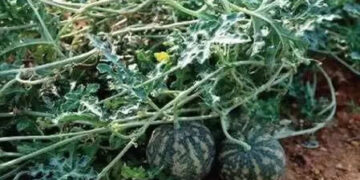Tokyo, 6 July (IANS). Scientists at the University of Tokyo have first used a particular type of artificial intelligence (AI) technology, called the Biessian Neural Network. He used it to analyze the information related to the bacteria found in the intestines. With this technique, they were able to understand the relationships that could not be identified properly in old ways.
There are about 100 trillion bacteria in your intestines, while the entire human body has about 30 to 40 trillion cells. Intestinal bacteria are considered an important factor in many health concerns and play an important role in many problems related to our health.
Tung Dang, a Tsunoda lab project in the Biological Sciences Department, said in a paper published in briefing in bio-formatics that we do not rightly know which bacteria make which metabolites make and how these relationships change in various diseases. If we understand the correct connection between these bacteria and chemicals, then separate treatment can be prepared for every person in future. For example, a specific bacteria can be developed to produce beneficial human metabolites, or these metabolites can also be modified to treat specific diseases.
He told that his made system automatically recognizes which of the mains of so many bacteria that affect metabolites the most. At the same time, this system also believes that there may be some uncertainty in it, so that the wrong results are not given.
Dang reported that when this system was tested on sleep problems, obesity and cancer related information, it did better in old ways and recognized bacteria that match already known biological processes. This increases confidence that this system not just shows the game of data, but catchs real biological relations.
Although looking at such a big data, this technique takes a lot of computer power, but over time this problem is also expected to be solved. Researcher Dang said that he wants to study the chemicals in further depths in which they have to find that they have come from bacteria, from our body or from our food.
-IANS
AS/






